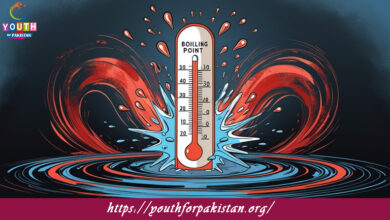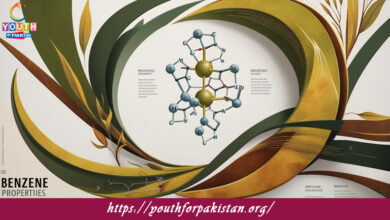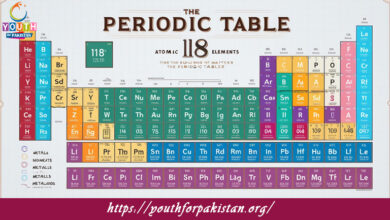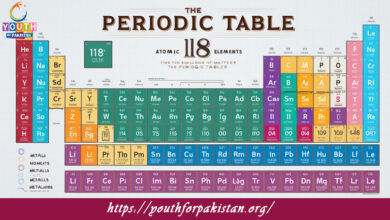Liquids MDCAT Quiz with Answers
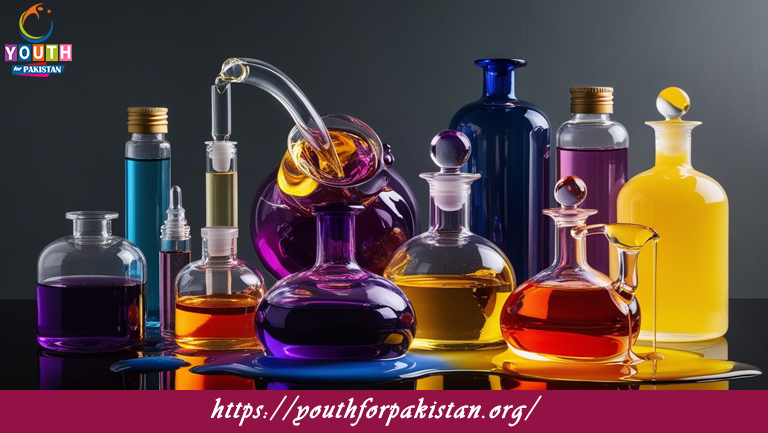
Liquids MDCAT Quiz are one of the fundamental states of matter and have unique properties that differentiate them from solids and gases. While solids maintain a definite shape, the shape of the liquid takes its container, yet it does maintain a definite volume. The particles that make up a liquid are close to one another, and the particles in a liquid are not fixed, hence allowing the substance to flow past each other easily. Key characteristics of liquids include viscosity, surface tension, and boiling point. MDCAT students should be aware of liquid behavior—knowledge about temperature, pressure, volume, and its relationship. Such a type is often asked in the MDCAT Quiz for the student to apply their knowledge regarding properties in different scenarios.
Liquids MDCAT Quiz
The MDCAT Quiz on Liquids has been designed to evaluate students’ knowledge regarding properties of liquids and their behavior under various conditions. It has questions about the relationship between temperature and the vapor pressure of liquids and how changes in pressure and temperature can affect the boiling and freezing points of a liquid. Practicing this quiz allows the student to comprehend how liquids behave under various physical and chemical changes and thus develop related questions for the MDCAT exam.
Free Flashcard for Liquids
The free flashcards on the topic of liquids cover all essential points regarding properties like viscosity, surface tension, and relationships of temperature with either boiling or freezing points of a substance. They also show examples of common liquids and their demonstration of such properties. These flashcards can be helpful in giving a quick review of necessary concepts and, therefore, serve better when a student has to revise at the eleventh hour before the MDCAT exam.

The amount of energy needed to change a liquid into a gas is called __________.
Latent heat of vaporization

The process by which a liquid turns into a gas below its boiling point is called __________.
Evaporation

Water’s high surface tension is a result of the strong __________ forces between water molecules.
Hydrogen bond

The heat required to raise the temperature of a liquid by one degree Celsius is called __________.
Specific heat capacity

The property of a liquid that resists external force and helps it form droplets is called __________.
Surface tension

Water’s high specific heat capacity means that it can __________.
Absorb a lot of heat without a large change in temperature
Experience the real exam environment with our expertly designed collection of over 25,000 MCQs MDCAT Mock Tests.


